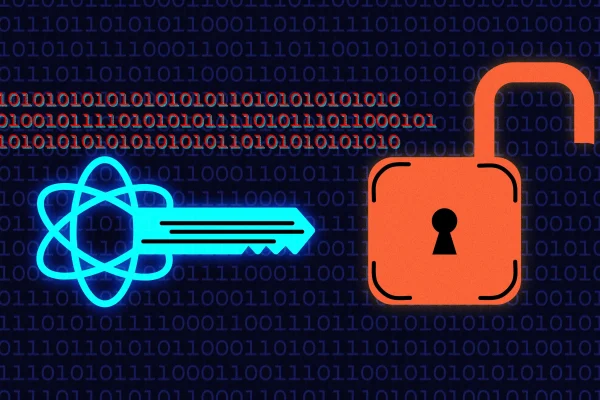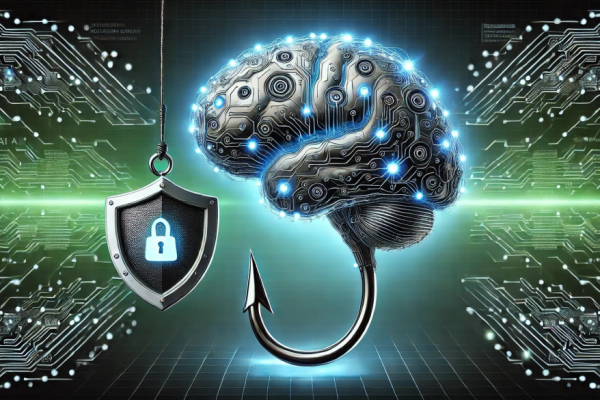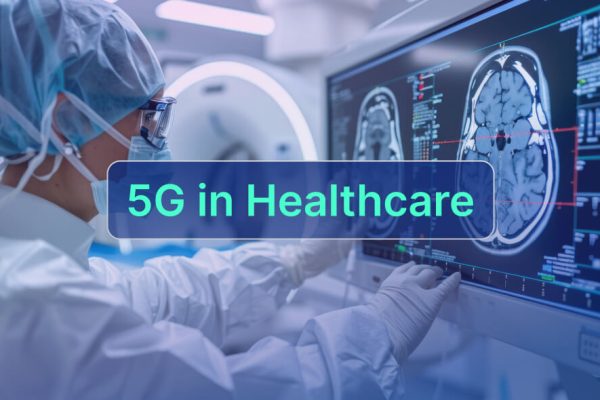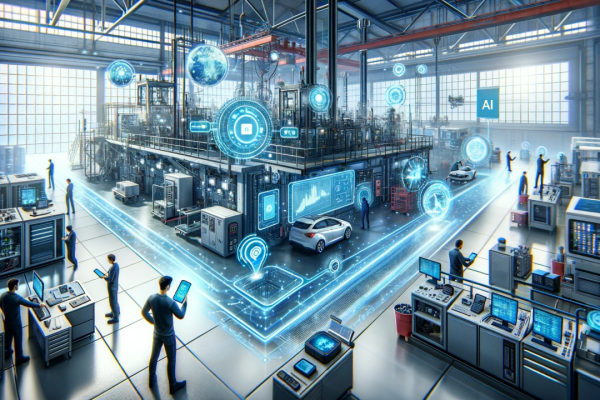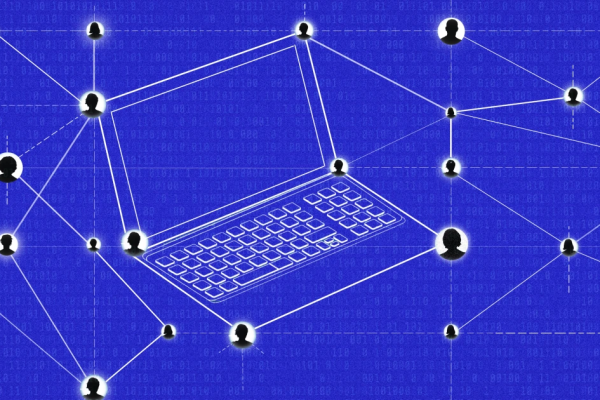
The Rise of Decentralized Internet, What It Means for the Future of Online Freedom
The internet as we know it is undergoing a major transformation, with decentralization emerging as a powerful movement toward greater online freedom. As someone who has studied digital trends and innovations closely, I can say that decentralized technologies like blockchain, peer-to-peer networks, and Web3 platforms are reshaping how information is shared and controlled. Unlike traditional…

